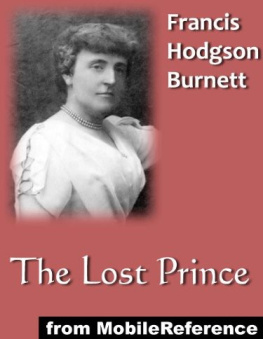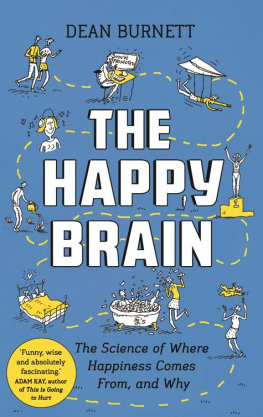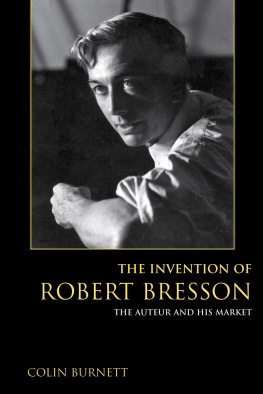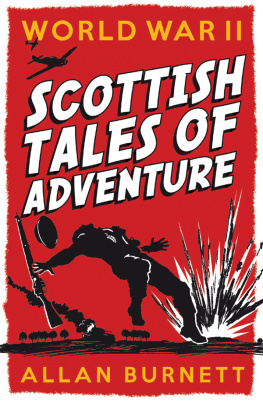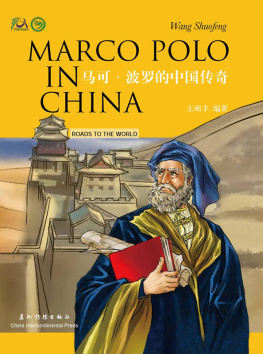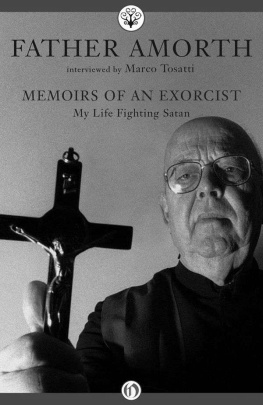I
THE NEW LODGERS AT NO. 7 PHILIBERT PLACE
There are many dreary and dingy rows of ugly houses in certain parts of London, but there certainly could not be any row more ugly or dingier than Philibert Place. There were stories that it had once been more attractive, but that had been so long ago that no one remembered the time. It stood back in its gloomy, narrow strips of uncaredfor, smoky gardens, whose broken iron railings were supposed to protect it from the surging traffic of a road which was always roaring with the rattle of busses, cabs, drays, and vans, and the passing of people who were shabbily dressed and looked as if they were either going to hard work or coming from it, or hurrying to see if they could find some of it to do to keep themselves from going hungry. The brick fronts of the houses were blackened with smoke, their windows were nearly all dirty and hung with dingy curtains, or had no curtains at all; the strips of ground, which had once been intended to grow flowers in, had been trodden down into bare earth in which even weeds had forgotten to grow. One of them was used as a stonecutter's yard, and cheap monuments, crosses, and slates were set out for sale, bearing inscriptions beginning with "Sacred to the Memory of." Another had piles of old lumber in it, another exhibited secondhand furniture, chairs with unsteady legs, sofas with horsehair stuffing bulging out of holes in their covering, mirrors with blotches or cracks in them. The insides of the houses were as gloomy as the outside. They were all exactly alike. In each a dark entrance passage led to narrow stairs going up to bedrooms, and to narrow steps going down to a basement kitchen. The back bedroom looked out on small, sooty, flagged yards, where thin cats quarreled, or sat on the coping of the brick walls hoping that sometime they might feel the sun; the front rooms looked over the noisy road, and through their windows came the roar and rattle of it. It was shabby and cheerless on the brightest days, and on foggy or rainy ones it was the most forlorn place in London.
At least that was what one boy thought as he stood near the iron railings watching the passersby on the morning on which this story begins, which was also the morning after he had been brought by his father to live as a lodger in the back sittingroom of the house No. 7.
He was a boy about twelve years old, his name was Marco Loristan, and he was the kind of boy people look at a second time when they have looked at him once. In the first place, he was a very big boytall for his years, and with a particularly strong frame. His shoulders were broad and his arms and legs were long and powerful. He was quite used to hearing people say, as they glanced at him, "What a fine, big lad!" And then they always looked again at his face. It was not an English face or an American one, and was very dark in coloring. His features were strong, his black hair grew on his head like a mat, his eyes were large and deep set, and looked out between thick, straight, black lashes. He was as unEnglish a boy as one could imagine, and an observing person would have been struck at once by a sort of silent look expressed by his whole face, a look which suggested that he was not a boy who talked much.
This look was specially noticeable this morning as he stood before the iron railings. The things he was thinking of were of a kind likely to bring to the face of a twelveyearold boy an unboyish expression.
He was thinking of the long, hurried journey he and his father and their old soldier servant, Lazarus, had made during the last few daysthe journey from Russia. Cramped in a close thirdclass railway carriage, they had dashed across the Continent as if something important or terrible were driving them, and here they were, settled in London as if they were going to live forever at No. 7 Philibert Place. He knew, however, that though they might stay a year, it was just as probable that, in the middle of some night, his father or Lazarus might waken him from his sleep and say, "Get updress yourself quickly. We must go at once." A few days later, he might be in St. Petersburg, Berlin, Vienna, or Budapest, huddled away in some poor little house as shabby and comfortless as No. 7 Philibert Place.
He passed his hand over his forehead as he thought of it and watched the busses. His strange life and his close association with his father had made him much older than his years, but he was only a boy, after all, and the mystery of things sometimes weighed heavily upon him, and set him to deep wondering.
In not one of the many countries he knew had he ever met a boy whose life was in the least like his own. Other boys had homes in which they spent year after year; they went to school regularly, and played with other boys, and talked openly of the things which happened to them, and the journeys they made. When he remained in a place long enough to make a few boyfriends, he knew he must never forget that his whole existence was a sort of secret whose safety depended upon his own silence and discretion.
This was because of the promises he had made to his father, and they had been the first thing he remembered. Not that he had ever regretted anything connected with his father. He threw his black head up as he thought of that. None of the other boys had such a father, not one of them. His father was his idol and his chief. He had scarcely ever seen him when his clothes had not been poor and shabby, but he had also never seen him when, despite his worn coat and frayed linen, he had not stood out among all others as more distinguished than the most noticeable of them. When he walked down a street, people turned to look at him even oftener than they turned to look at Marco, and the boy felt as if it was not merely because he was a big man with a handsome, dark face, but because he looked, somehow, as if he had been born to command armies, and as if no one would think of disobeying him. Yet Marco had never seen him command any one, and they had always been poor, and shabbily dressed, and often enough illfed. But whether they were in one country or another, and whatsoever dark place they seemed to be hiding in, the few people they saw treated him with a sort of deference, and nearly always stood when they were in his presence, unless he bade them sit down.
"It is because they know he is a patriot, and patriots are respected," the boy had told himself.
He himself wished to be a patriot, though he had never seen his own country of Samavia. He knew it well, however. His father had talked to him about it ever since that day when he had made the promises. He had taught him to know it by helping him to study curious detailed maps of itmaps of its cities, maps of its mountains, maps of its roads. He had told him stories of the wrongs done its people, of their sufferings and struggles for liberty, and, above all, of their unconquerable courage. When they talked together of its history, Marco's boyblood burned and leaped in his veins, and he always knew, by the look in his father's eyes, that his blood burned also. His countrymen had been killed, they had been robbed, they had died by thousands of cruelties and starvation, but their souls had never been conquered, and, through all the years during which more powerful nations crushed and enslaved them, they never ceased to struggle to free themselves and stand unfettered as Samavians had stood centuries before.

